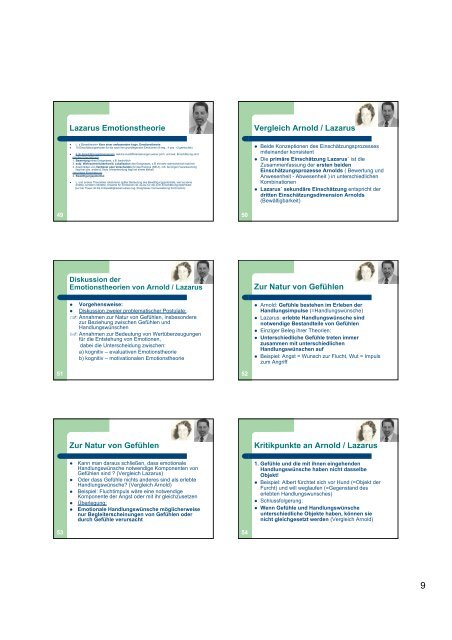


It is neutral, and what varies is the degree of response. It occurs when a demand vastly exceeds a person's capabilities. Medically defined distress is a threat to the quality of life. "Distress" stems from the Latin root dis- (as in "dissonance" or "disagreement"). Eustress results when a person perceives a stressor as positive. The term " eustress" comes from the Greek root eu- which means "good" (as in "euphoria"). Selye advocates balancing these: the ultimate goal would be to balance hyperstress and hypostress perfectly and have as much eustress as possible. On the other is over-stress (hyperstress) and understress (hypostress). On one axis he locates good stress ( eustress) and bad stress (distress). Hans Selye (1974) proposed four variations of stress. Psychological stress can be external and related to the environment, but may also be caused by internal perceptions that cause an individual to experience anxiety or other negative emotions surrounding a situation, such as pressure, discomfort, etc., which they then deem stressful.

Excessive amounts of stress, however, can increase the risk of strokes, heart attacks, ulcers, and mental illnesses such as depression and also aggravation of a pre-existing condition. Small amounts of stress may be beneficial, as it can improve athletic performance, motivation and reaction to the environment. In psychology, stress is a feeling of emotional strain and pressure.


 0 kommentar(er)
0 kommentar(er)
